Setting well-defined boundaries in relationships is crucial if you want to protect your mental health, and retain your peace of mind.
When you set personal boundaries to protect your mental health, you are making a conscious decision to put yourself first and take care of yourself. But the question is how to establish boundaries and why is it so difficult.
Boundaries and Mental Health
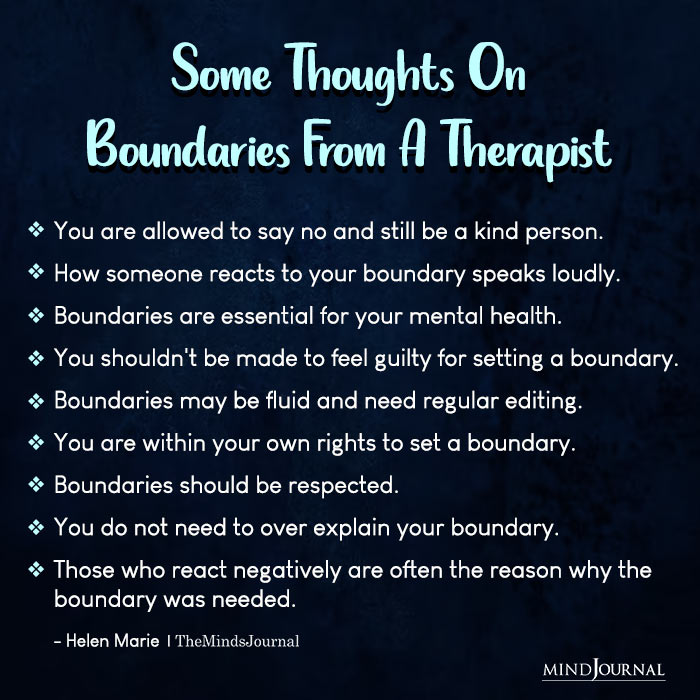
Since our childhood, we are taught that being nice to others is a virtue. It indeed is. But when does it become a burden on us? Being nice to other people should come naturally as part of humaneness but not at the cost of one’s own value system.
The seed of the problem was planted long ago, during our childhood, and perpetuated ever since, across stages of our development. We are taught to associate acceptable behavior with others by having an appreciable character.
Being overly good to others might help fetch you a lot of admiration but when you prioritize others’ approval over your own needs and demands you have pretty much surrendered yourself to others.
When this approval-seeking becomes a daily necessity for a person, he/she walks the extra mile to compromise his/her internal needs. Without even realizing it, the person starts to let people get the best of them and not knowing why he/she is getting none of it back.
You might keep wondering why people always take advantage of you, use you, take you for granted, and never reciprocate what you deserve or desire from them.
What you are oblivious to is that you need to create a strong personal boundary for yourself. But, how to create boundaries in a relationship? Before that, let’s understand what are boundaries.
Defining Boundaries: What is a personal boundary?
A personal boundary can be defined as a set of guidelines, limits, and rules that a person creates to identify for themselves what are reasonable, safe, and permissible ways for other people to behave around them and how they will respond when someone steps outside those limits.
To understand what boundaries are like, imagine the sign with “no trespassing” over your property – which is a clear message that if anyone crosses the boundary, the person has to face consequences.
The only difference between such boundaries and a personal boundary is that the latter is not concrete, cannot be seen, is dynamic and unique to individuals, and hence is very difficult to communicate with others.
Personal boundaries help you decide what types of communication, behavior, and interactions are acceptable and which ones are not, which in turn will help you protect your mental and emotional well-being.
Personal boundaries can be categorized into two major types –
1. Physical boundaries
Physical boundaries provide a barrier between you and an external intruding force, like a shield protecting a person. Physical boundaries include your body, the idea of personal space, your sexual orientation, and privacy. These boundaries are expressed through clothing, shelter, noise tolerance, verbal instructions, gestures, postures, and body language.
An example of a violation of physical boundaries can be a close talker. When a person comes too uncomfortably close to you while talking, it might elicit an impulsive reaction of you stepping back to redefine your personal space. By doing so, you send this person a non-verbal message that you feel is an invasion of your personal space. If he/she continues moving closer, you will verbally ask him/her to maintain physical distance from you.
Related: 5 Ways To Set Boundaries With A Man Without Scaring Him Off
2. Psychological boundary (emotional and intellectual boundary)
Psychological boundary, or emotional and intellectual boundary, involves a barrier between your own self and other people – how independent and separated your thoughts, emotions, and value system are from others. These include one’s beliefs, behaviors, choices, ideals, sense of responsibility, preferences, and ability to be intimate with others.
Weak psychological boundaries can make a person highly vulnerable to being manipulated and controlled by other people, almost like a lifeless puppet. You might end up allowing yourself to be greatly affected by other’s thoughts, actions, and feelings leaving you devastated, overwhelmed, and broken.
Instances of violation of psychological/intellectual/emotional boundaries:
- Not knowing how to separate one’s own feelings, thoughts, values, and ideals from others.
- Allowing your feelings to be controlled by other people’s moods, behaviors, and words.
- Compromising your dreams, goals, and plans in order to satisfy others.
- Not taking responsibility for your own actions and mistakes.
- Blame shifting to other people for your own problems.
What is the need to set boundaries in relationships?
Before we cover how to create boundaries, let’s get into the reason why we need boundaries in the first place.
Boundaries are extremely important to protect yourself from being emotionally abused, misused, or controlled by others. Understanding and knowing your personal boundaries is crucial at so many different levels to protect your mental health.
Our lives get increasingly difficult when we do not have a defined personal boundary to defend us from life’s complexities. We constantly keep tolerating other people’s maltreatment just because we fail to value ourselves in a way that is not contingent on other people or the feelings they have toward us. All of these are because of our vague sense of personal boundaries.
What does a healthy boundary look like?
Personal boundaries can be of three types depending on how strictly it is implemented. What type of boundary you set is highly influenced by the context.
A person who always keeps others at a distance (whether emotionally, physically, or otherwise) is said to have rigid boundaries.
Alternatively, someone who tends to get too involved with others has porous boundaries. A healthy boundary is characterized by a balance of both.
So, how to establish boundaries in a relationship?
How To Set Boundaries In A Relationship
Here is how you can set boundaries in your relationships. Remember that, setting boundaries in a relationship, may typically involve:
1. Valuing one’s own opinions.
2. Not sacrificing one’s own needs and opinions for others.
3. Sharing personal information in an appropriate way (not over or under-sharing personal information).
4. Knowing which personal information to give away and which not to give away.
5. Trusting people at a justified pace; not too soon, not too late.
6. Having a clear idea about one’s needs, and can assertively communicate them.
7. Accepting when others say “no” to them.
8. Being able to say “no” when something is beyond your capacity.
9. Not letting other people’s behavior and words control your reactions.
Related: Setting Boundaries That are Clear and Well-Expressed
Establishing healthy boundaries in relationships can enable you to –
- Have healthy self-esteem and a strong sense of self-respect, which would otherwise be depleted if not for a healthy boundary.
- Gradually build a trusting and mutually understanding relationship with another individual. This ensures that the relationship is based on strong foundations.
- Protect physical and emotional space from being intruded.
- Have a shared responsibility and meaningful power division in a relationship.
- Be assertive by confidently and truthfully saying “yes” or “no” when absolutely necessary and also easily accept a ‘no’ from others.
- Retain a true sense of self – that you have needs, experiences, thoughts, and feelings discrete from others.
- Not be overwhelmed or affected by the behaviors and words of others.
- Empower yourself to make healthy choices and take responsibility for yourself.
Remember you are never responsible for the reactions you generate from other people for defining your boundaries. You are only responsible for respectfully communicating it to others.
Initially, you might have feelings of selfishness, guilt, and embarrassment associated with boundary setting. But every individual has the right to self-care and a significant part of it starts with defining a healthy boundary for yourself.
Setting healthy boundaries in relationships takes time and practice. Do not let others define your personal boundaries.
Once you have set the boundaries for yourself, be unapologetic about implementing them otherwise you end up sending mixed signals to people. And you do not want that.
So, that’s all on boundaries in relationships. How do you set boundaries in a relationship? Let us know in the comments below!
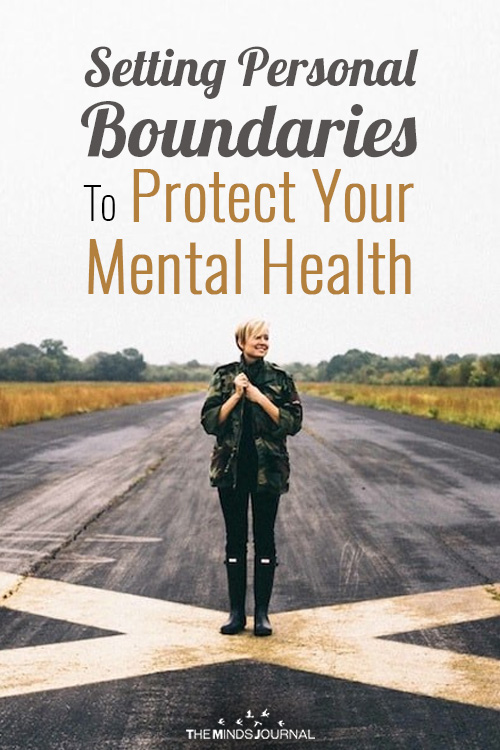

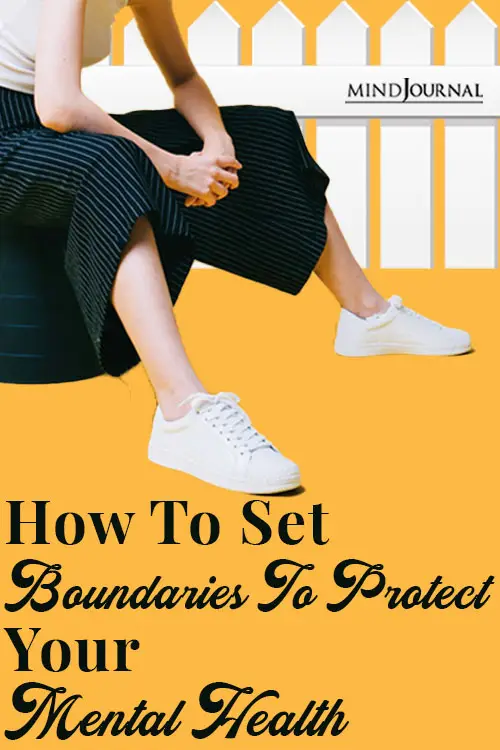
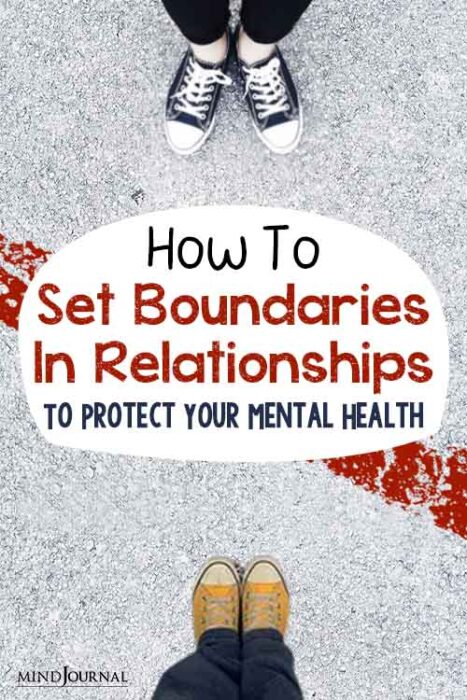
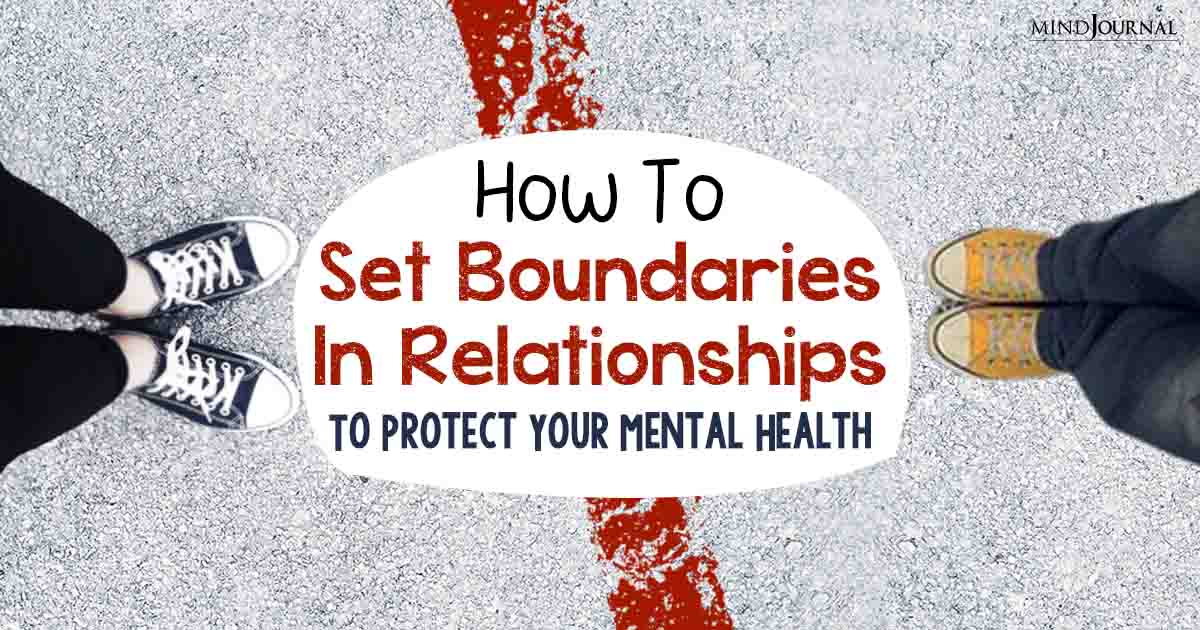
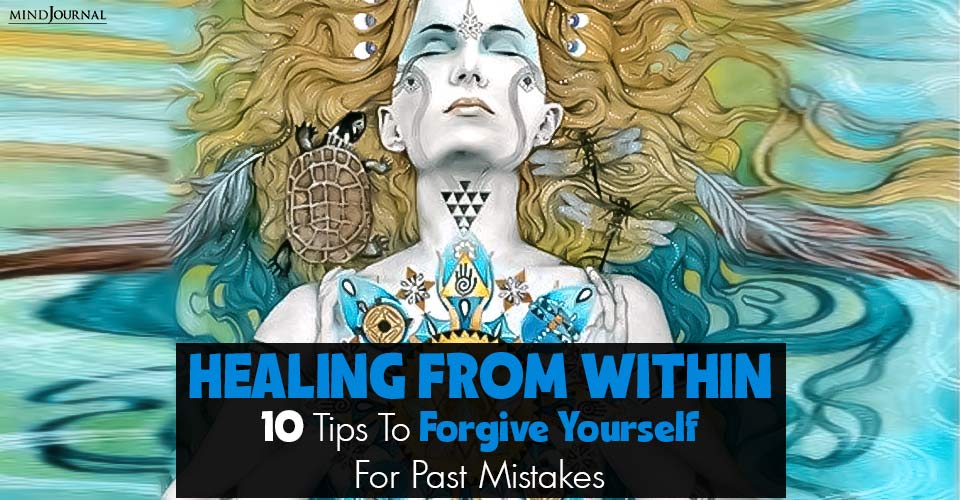
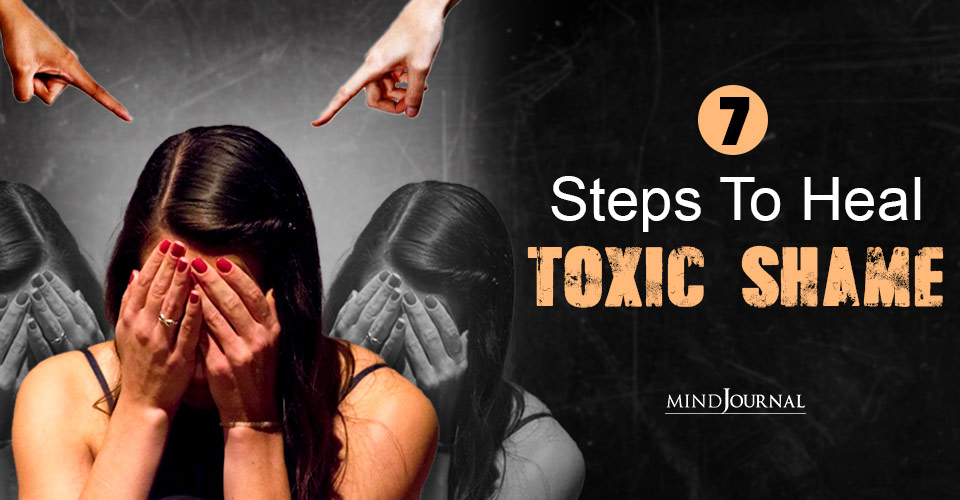
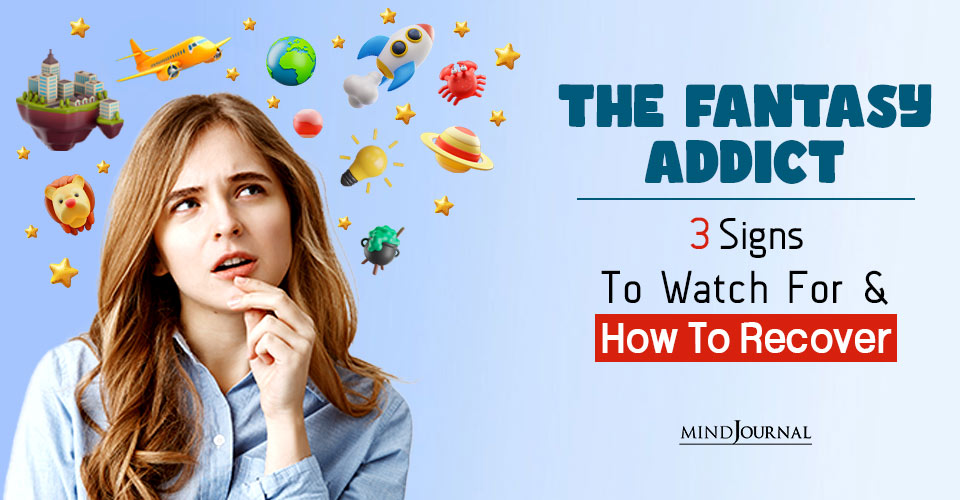
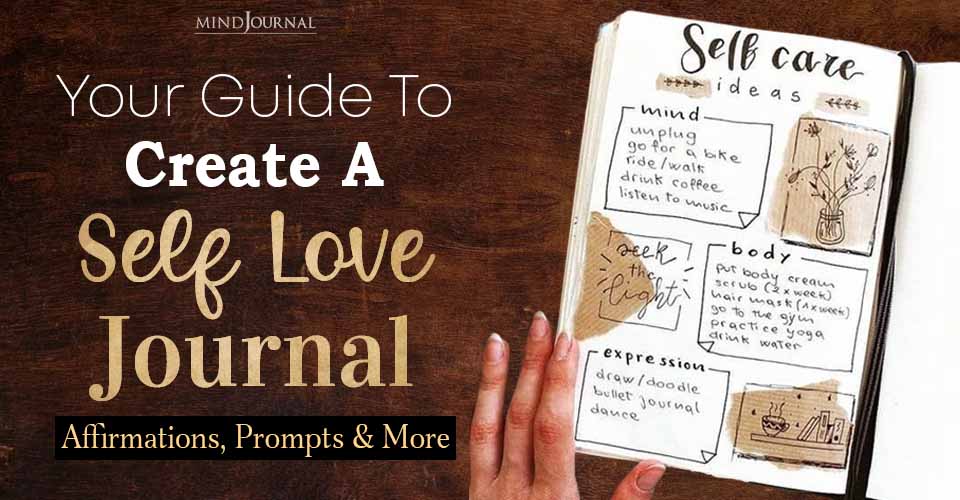
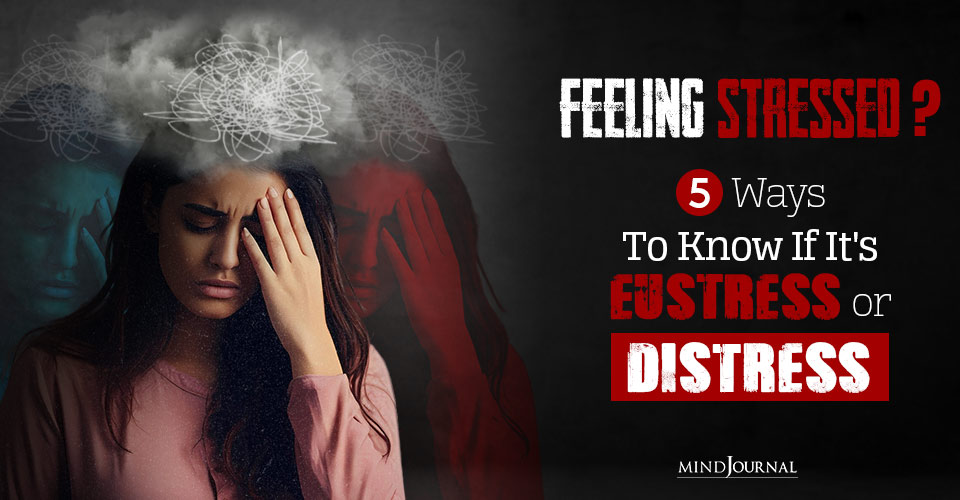


Leave a Reply
You must be logged in to post a comment.